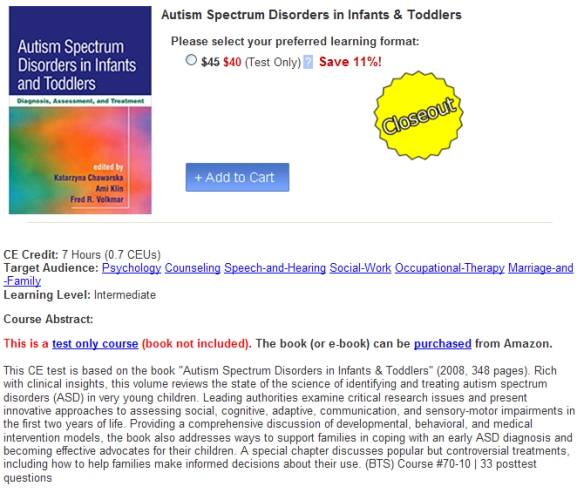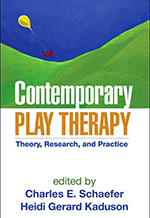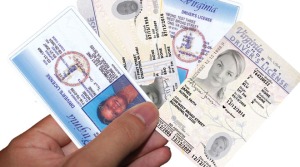
Click on image to view courses
Alzheimer’s currently affects one in 10 people over age 65 and nearly half of those individuals over 85. With such an outlook, it’s imperative that healthcare professionals stay current on the research and best practices for treatment and caregiving.
Professional Development Resources offers online continuing education courses to address this growing topic:
Alzheimer’s Disease & Related Disorders (ADRD) – This course provides an in-depth discussion of the management of Alzheimer’s Disease or Related Disorders (ADRD), including disease progression and strategies for care. It considers all aspects of ADRD, including the various stages of the disease, problem behaviors, communication issues, ethical considerations and appropriate activities. In addition, strategies are presented for working with families and caregivers of ADRD patients. 2006 | 47 pages | 27 posttest questions | 3 hours CE
Alzheimer’s Disease: Nutrition Intervention Strategies – Alzheimer’s disease is a disorder of forgetfulness that eventually impacts a person’s ability to participate in activities of daily living. It takes a devastating toll on both patients and those who care for them. Those with Alzheimer’s disease experience immense fear and frustration as they struggle with simple tasks. Family, friends, and caregivers experience pain and stress as they watch Alzheimer’s disease slowly take their loved ones away from them. Many individuals with Alzheimer’s disease and other forms of dementia are cared for in institutional settings. Nutrition plays an important role in meeting the needs of such persons. This course will familiarize readers with the early warning signs of dementia, discuss the pathophysiology of Alzheimer’s disease, identify pharmacological, environmental, and behavioral interventions used at various stages of the disease, and describe nutrition-related complications and intervention strategies. 2002 | 15 pages | 12 posttest questions | 2 hours CE
Alzheimer’s Disease – Overview – Alzheimer’s disease is an increasing concern for the aging American population. It is important for healthcare providers to have a basic familiarity with the disease, in order to provide adequate diagnosis, treatment, and referrals. This course, based on documents from the National Institute on Aging and the Alzheimer’s Association, provides an overview of the prevalence, causes, symptoms, diagnosis, treatment, and progression of Alzheimer’s disease, as well as information about caregiving and caregiver support. As such, this course is relevant to all clinicians who work with elderly individuals, their families, and their caretakers. Course #10-39 | 2010 | 34 pages | 7 posttest questions | 1 hour CE
Alzheimer’s – Unraveling the Mystery – Alzheimer’s dementia is a growing concern among the aging Baby Boomers; yet, modern science points the way to reducing the risks through maintaining a healthy lifestyle. This course is based on a publication from the National Institute on Aging, which describes healthy brain functioning during the aging process and then contrasts it to the processes of Alzheimer’s disease. Full of colorful, detailed diagrams, this educational booklet describes the risk factors for Alzheimer’s disease, effective steps for prevention, strategies for diagnosing and treating Alzheimer’s disease, and the search for new treatments. Strategies for caregivers and reducing caregiver stress are also discussed briefly. Course #30-54 | 2008 | 43 pages | 21 posttest questions | 3 hours CE
Caring for a Person with Alzheimer’s Disease – This course is based on the public-access publication, Caring for a Person with Alzheimer’s Disease: Your Easy-to-Use Guide from the National Institute on Aging. The booklet discusses practical issues concerning caring for someone with Alzheimer’s disease, including a description of common challenges and coping strategies. Advice is provided regarding keeping the person safe, providing everyday care, adapting activities to suit their needs, and planning ahead for health, legal, and financial issues. Chapters also discuss self-care for caregivers, sources of assistance for caregivers in need, residential options for care, common medical issues, and end-of-life care. This course is relevant to clinicians who work with elderly individuals, their families, and their caretakers. Course #30-59 | 2010 | 146 pages | 22 posttest questions | 3 hours CE
Like this:
Like Loading...
 Wyoming-licensed speech language pathologists have an annual license renewal with continuing education due by December 31st. Twelve (12) hours of continuing education are required for licensure. There are no limits on home study if ASHA approved, and courses must be in or directly related to area of licensure.
Wyoming-licensed speech language pathologists have an annual license renewal with continuing education due by December 31st. Twelve (12) hours of continuing education are required for licensure. There are no limits on home study if ASHA approved, and courses must be in or directly related to area of licensure.



















